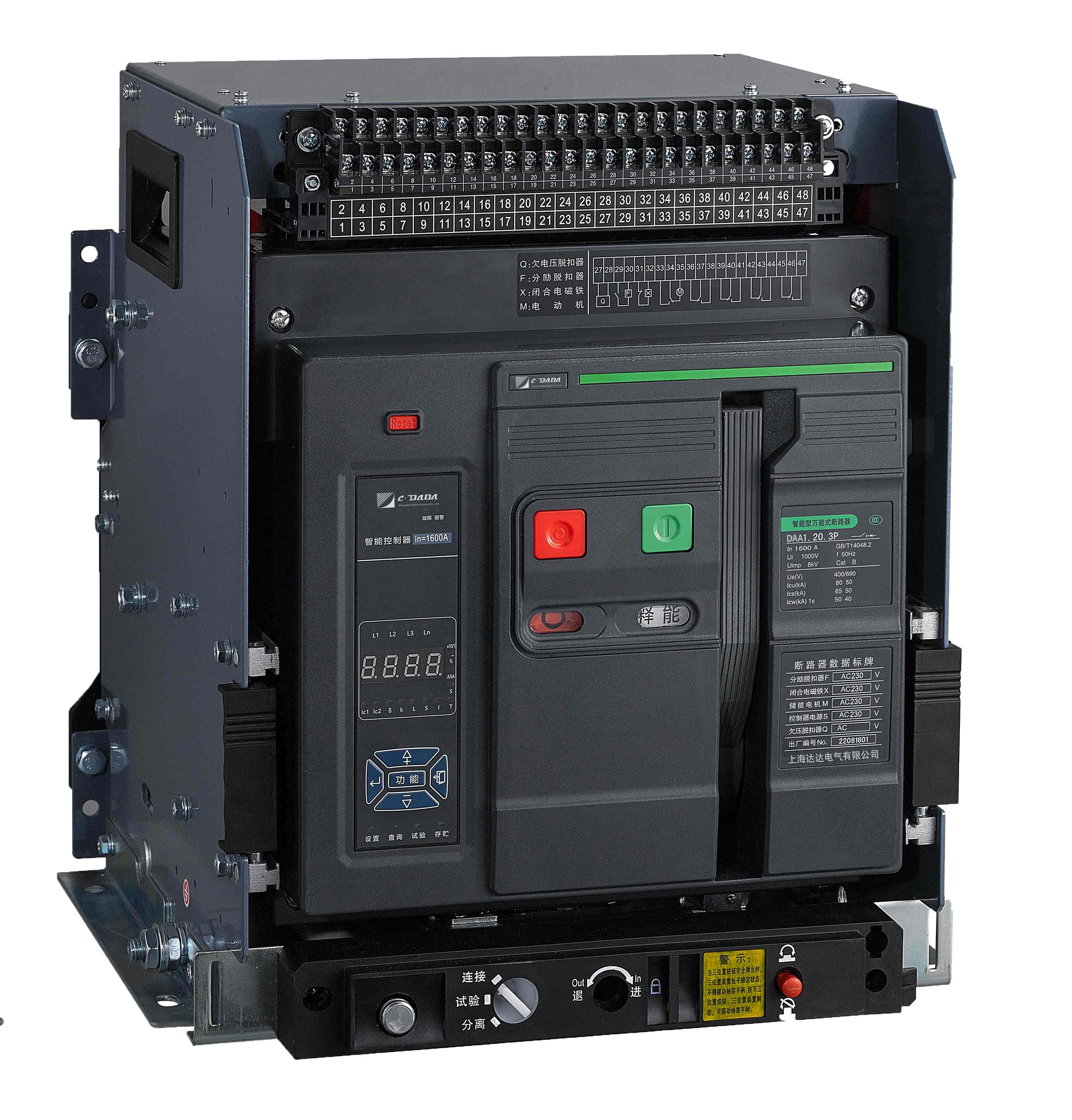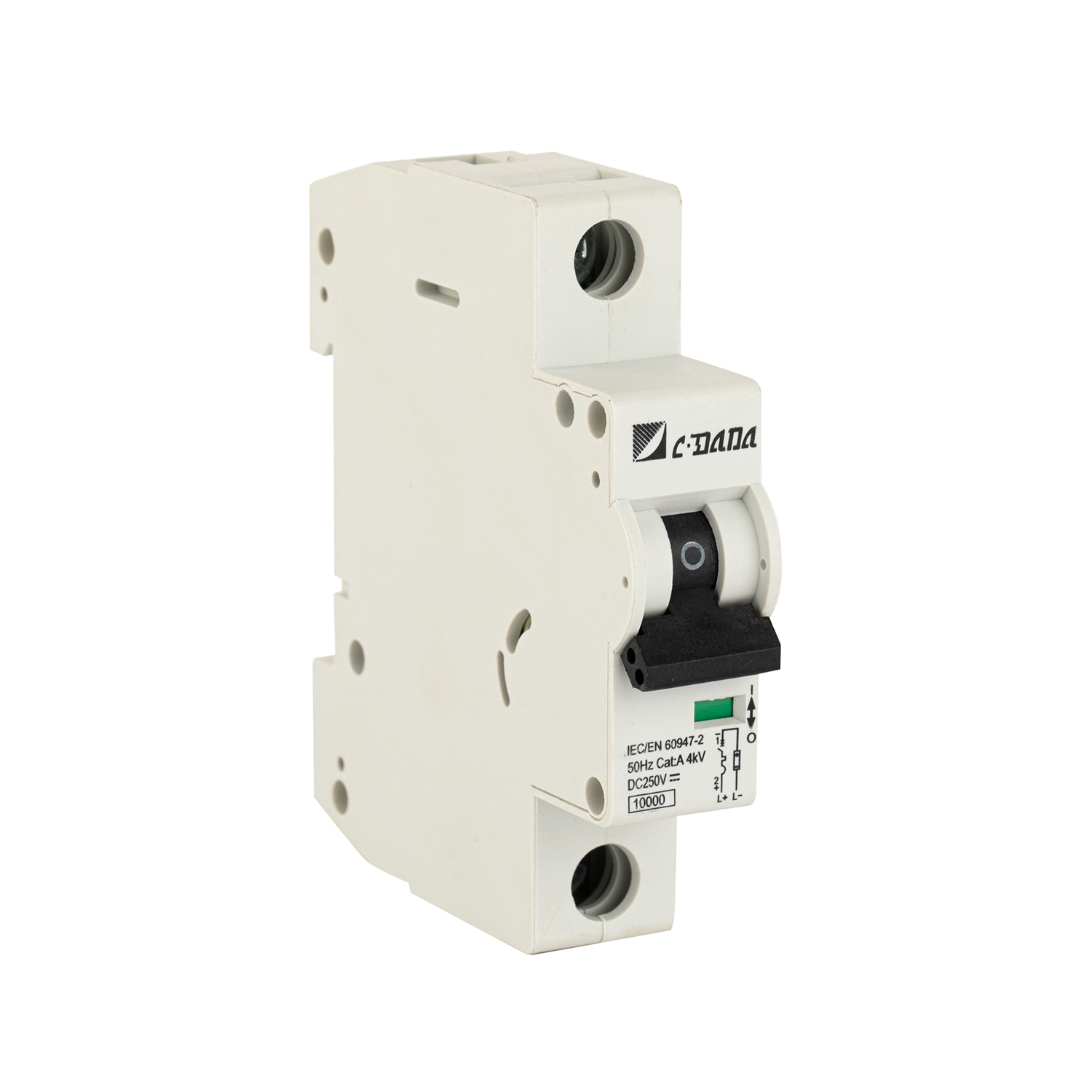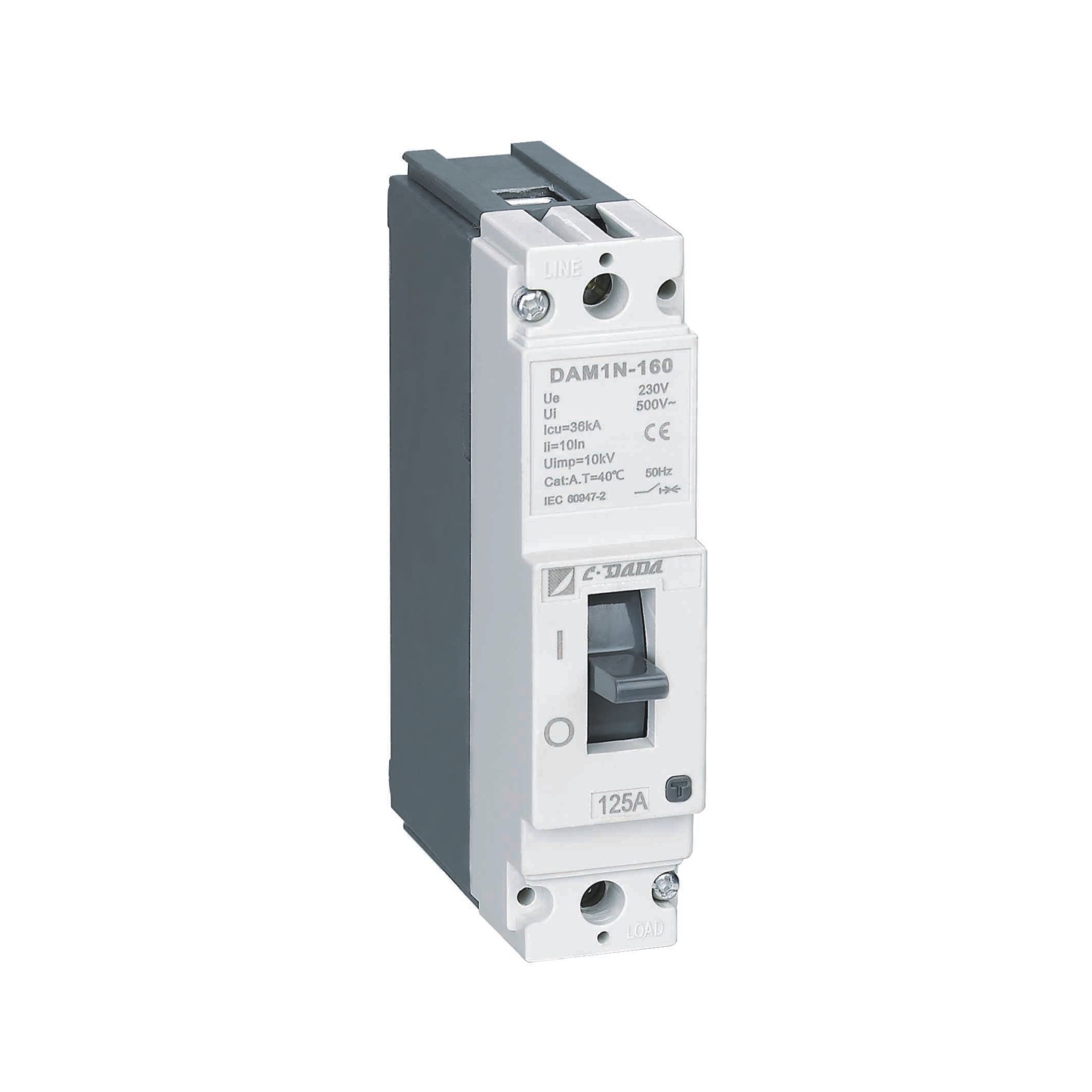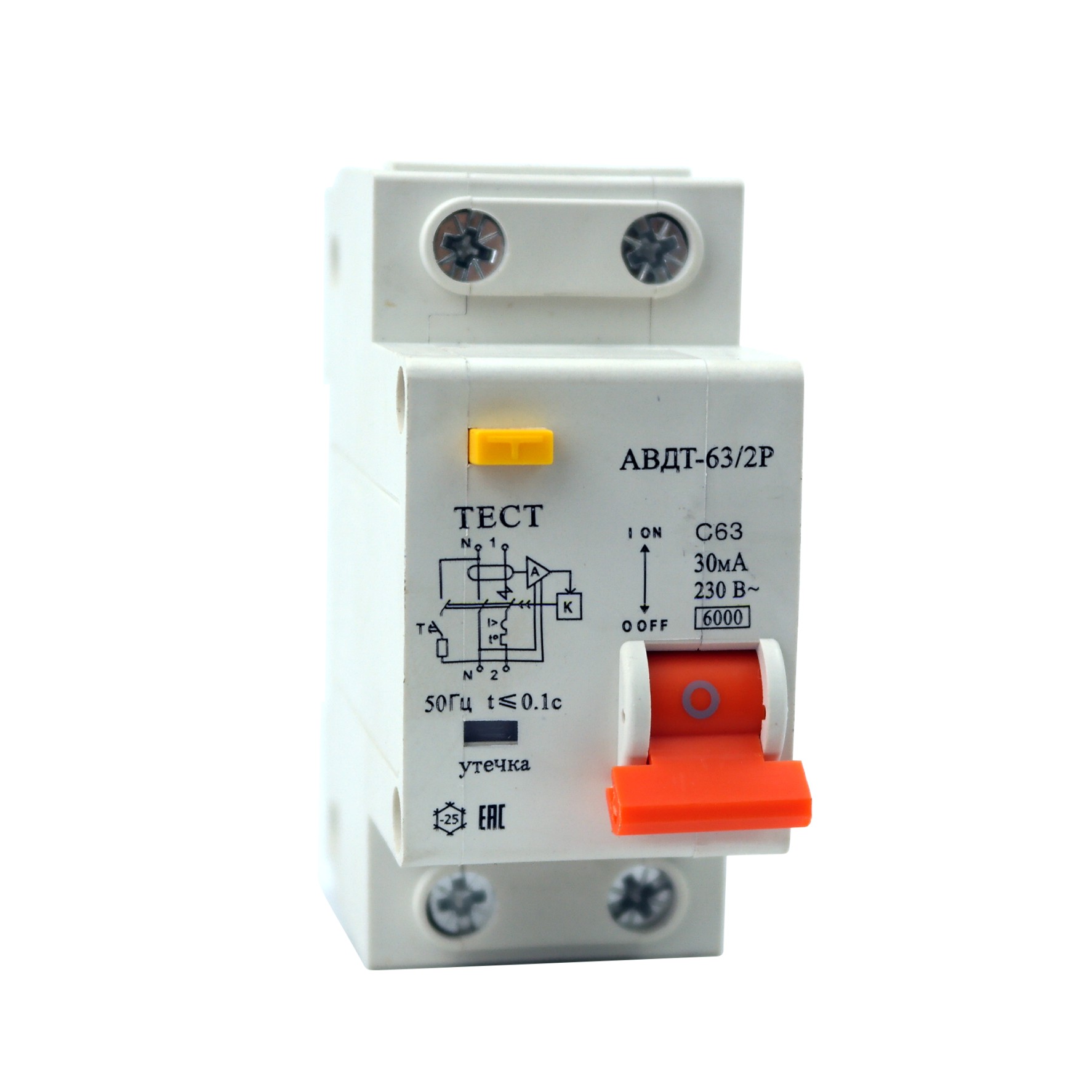Circuit breakers are vital components in electrical systems, providing protection against overloads and short circuits. The demand for circuit breakers is driven by:
Growing Electrification: As more devices and systems become electrified, the need for reliable circuit protection increases.
Infrastructure Development: Expanding urbanization and industrialization drive the demand for robust electrical infrastructure, including circuit breakers.
Safety Regulations: Stringent safety standards mandate the use of circuit breakers to prevent electrical hazards and ensure the safety of personnel and equipment.
Recommendations and Solutions
-

Reliability
Our circuit breakers are designed to provide consistent performance, minimizing the risk of electrical faults and downtime.
-

Efficiency
Advanced technologies enable our circuit breakers to operate efficiently, reducing energy consumption and lowering operational costs.
-

Customization
We offer a range of customizable circuit breaker solutions to meet the specific needs of various applications and industries.
-

Innovative Product Development
Develop high-end, high-performance, and unique products to meet the market demand.
-

Expansion of Product Specifications
Derive more product specifications to meet the diverse needs of customers.
-

Enhanced R&D Design
Strengthen R&D design to apply new technologies and deepen core technologies.
-

Value-for-Money Marketing
Conduct quality control tests to reduce the number of early failures.
Low-Voltage Electrical Products
We offer a comprehensive selection of low-voltage electrical products, including:
| Product Category | Description |
|---|---|
| Circuit Breakers | Devices designed to protect electrical systems from overloads and short circuits. |
| Contactors | Electromechanical devices used to control the flow of electricity in a circuit. |
| Relays | Devices that enable a low-power signal to control a high-power load. |
| Motor Starters | Devices used to initiate the startup of electric motors. |
-
01
Circuit Breakers
Devices designed to protect electrical systems from overloads and short circuits.
-
02
Contactors
Electromechanical devices used to control the flow of electricity in a circuit.
-
03
Relays
Devices that enable a low-power signal to control a high-power load.
-
04
Motor Starters
Devices used to initiate the startup of electric motors.
Customer Reviews
"The circuit breakers we purchased from your company have significantly improved the reliability of our electrical systems. Thank you!" - John Doe, Electrical Engineer

Ukraine
"Your team provided excellent support throughout the installation process. We appreciate your expertise and professionalism." - Jane Smith, Facility ManagerRelated Products
-

DAA Air circuit breaker
DAA series Low Voltage Air circuit breaker air circuit breaker is suitable for the circuit of AC 50H
Request Quote -

DAB7-63 DC miniature circuit breaker
Dab7-63 miniature dc circuit breakers are used for overload and short circuit protection of lines wi
Request Quote -

DAM1 series thermal overload operation Moulded case circuit breaker(Fixed type)
The DAM1 series circuit breakers are intended for conducting current in normal mode and switching it
Request Quote -

ABDT-63 1P+N 4.5KA RCBO circuit breaker
Residual current operated circuit breakers with overcurrent protection ABDT-63 are intended for elec
Request Quote
FREQUENTLY ASKED QUESTIONS
-
Q: What is a circuit breaker?
>circuit breaker is an electrical device designed to protect an electrical circuit from damage caused by an overload or short circuit. It automatically interrupts the current flow when a fault is detected.
-
Q: How do I choose the right circuit breaker for my application?
>Selecting the appropriate circuit breaker depends on factors such as the type of load, the operating voltage, and the required breaking capacity. Our experts can help you choose the best solution for your specific needs.
-
How do I choose the right circuit breaker for my application?
>Consider factors such as the load type, current rating, voltage rating, and breaking capacity required for your specific application.
-
What is the lifespan of a circuit breaker?
>The lifespan of a circuit breaker varies depending on usage and environmental conditions, but typically ranges from 10 to 20 years.
-
Do circuit breakers require maintenance?
>Regular maintenance, such as cleaning and checking connections, is recommended to ensure proper functioning.













